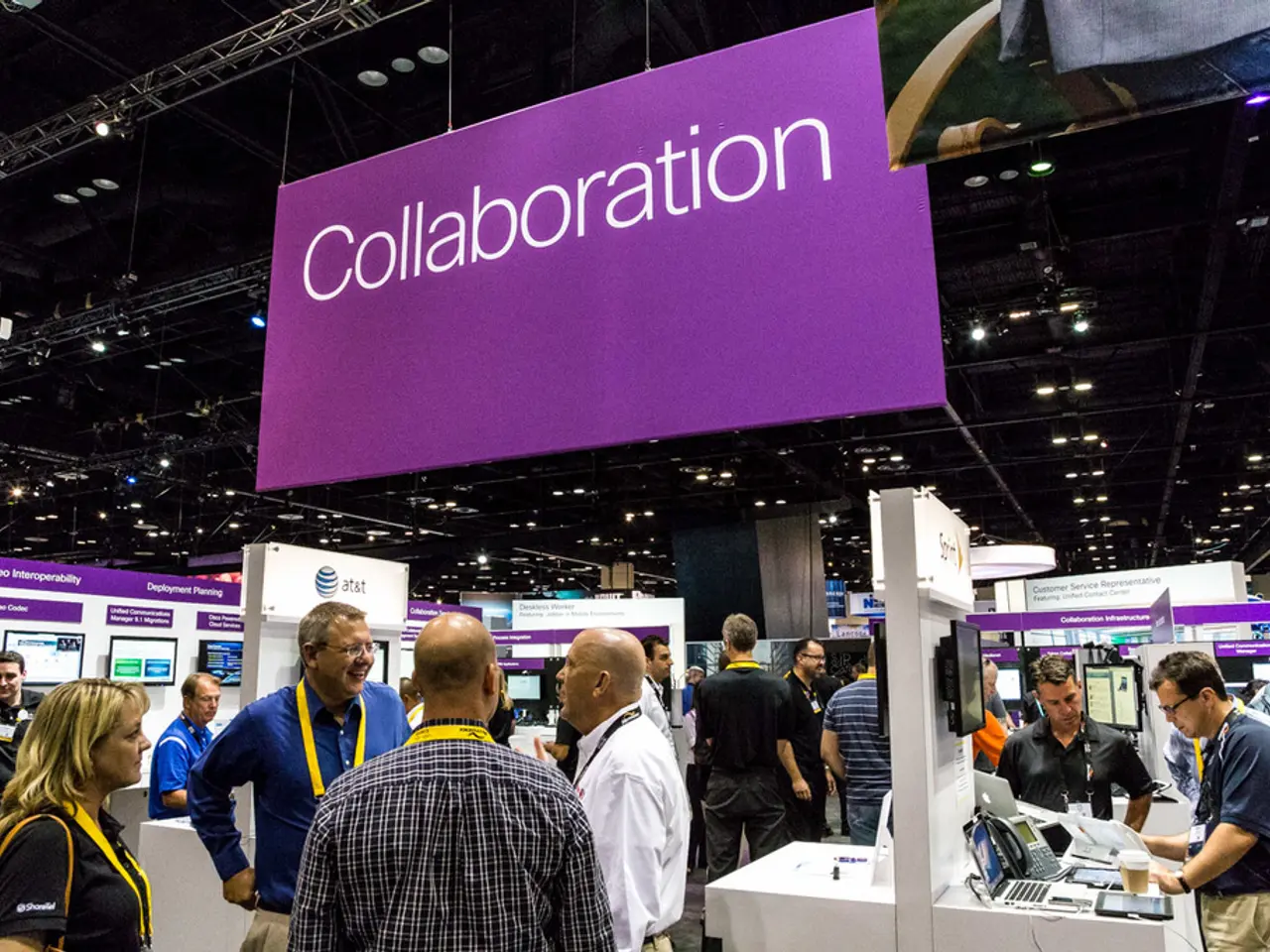Paul R. Wilson Discusses: Credit Card Fraud (Part 2 of 4)
In the digital age, the convenience of contactless credit and debit cards has become a staple in our daily lives. However, this convenience might come at a cost to security.
Banks are responsible for the security and protection of these financial products, not just the customers who receive them. Yet, instances of banks refusing to return stolen funds, blaming end-users for being careless with their cards and PIN numbers, are not uncommon.
One of the weakest points in most forms of security is the human element. In real-life examples, fraudsters have been known to exploit this vulnerability. They conceal scanners inside gloves or bags and scan victims' cards silently in crowded places, or they set up non-existent coffee shops to charge each card a few dollars, making it less likely for victims to notice.
These transactions, usually limited to around 30 pounds or dollars, provide an opportunity for criminals to become "digital pickpockets." By bringing a reader close to a wallet containing one or more cards, a thief might be able to charge any readable card without the owner knowing. A hacker even demonstrated in London that a device could detect relevant RFID chips as he passed people on the street, potentially allowing for the placement of such a device in a location where purses and pockets pass by regularly.
To prevent such digital pickpocketing, measures can be taken. Using RFID/NFC blocking wallets or sleeves that create a security barrier, preventing unauthorized wireless scans of cards, is one effective solution. Disabling contactless payments on cards if they are not needed, enabling instant transaction alerts through the bank’s app or SMS to detect small unauthorized charges quickly, and using mobile payment apps requiring biometric authentication are also recommended. Regularly reviewing bank and card statements for suspicious activity and reporting any unusual charges immediately, even small ones in unfamiliar locations, is crucial.
Modern smartphones with NFC capabilities can also be misused similarly. Online and live casinos often rely on banking apps, online payments, and credit cards, making them potential targets for such scams. As we move forward, it's essential to stay vigilant and take the necessary steps to protect our financial information.
In the next article, we will discuss how bank and credit card details can be stolen over the phone or via email.
References: [1] https://www.which.co.uk/reviews/contactless-payments/article/how-secure-are-contactless-payments [2] https://www.bbc.co.uk/news/technology-45296409 [3] https://www.npr.org/sections/alltechconsidered/2015/04/23/401182215/how-to-protect-yourself-from-digital-pickpocketing [4] https://www.consumerreports.org/cro/news/2019/08/how-safe-are-contactless-payments/index.htm [5] https://www.theguardian.com/technology/2015/apr/23/contactless-payment-security-rfid-blocking-wallets-smartphones
- In the realm of cybersecurity, the increasing use of contactless payments in casinos raises concerns due to their potential vulnerability to digital pickpocketing.
- Enhancing personal-finance security, particularly in online and live casino environments, may require the adoption of various measures such as biometric authentication and instant transaction alerts.
- As the world progresses towards increased technology integration in finance, it becomes crucial to stay informed about the risks and implement safeguards, like RFID/NFC blocking wallets and sleeves, to secure our personal-finance information.




